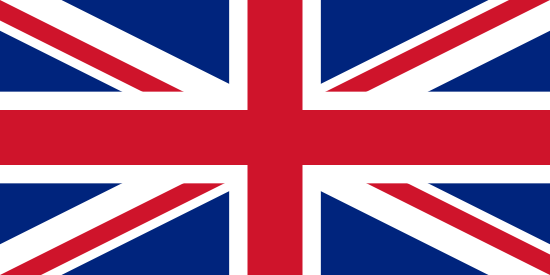- Very low complaint rate for products from Germany and the EU
- Analyses show conscientious use of plant protection products by producers
QS and the Deutscher Fruchthandelsverband e.V. (DFHV) present the eleventh issue of the Monitoring-Report Fruit, Vegetables, Potatoes. The analysis results once again demonstrate the importance of consistent quality assurance for the care and reliability in handling plant protection products.
or the current Monitoring-Report, the DFHV and QS evaluated a total of 25,627 samples from 73 countries. No pesticide residues were found in over 48 percent of the samples. Compared to the previous year, the complaint rate for products from Germany (0.5 percent) showed a further decline compared to the previous year (0.7 percent). Products from the EU - excluding Germany - are complained about just as frequently (1.8 percent) as last year. The exceedance rate for goods from third countries is comparatively high at 9.1 percent. The reason for this is the relatively small group of exotics in terms of quantity, which are, however, sampled very intensively and in a risk-oriented manner. Dr. Hermann-Josef-Nienhoff, Managing Director of QS Qualität und Sicherheit GmbH: The evaluation of data from residue monitoring in fruit, vegetables and potatoes shows that consistent quality assurance for fresh fruit and vegetables can also be proven by clean results. They attest to good professional practice and conscientious handling of pesticides on these farms.
Detailed evaluations for the practice
In addition to the results overview of the approximately 25,000 evaluated sample data, the current Monitoring-Report includes detailed residue evaluations for bananas, peppers, blueberries, cucumbers, chinese cabbage/pak choi and apples.
In addition, the current issue of the joint Monitoring-Report of QS and the DFHV provides important information for the entire industry. Among other things, the planned reductions in the maximum levels (MRLs) for chlorate and maximum residue levels for perchlorate. QS and the DFHV have investigated what consequences these might have on certain product groups in terms of MRL utilisation.
More than 200,000 fruit and vegetable samples evaluated in 11 years
In total, more than 200,000 fruit and vegetable samples and 54 detailed evaluations have been prepared by QS and the DFHV since the report was first published. Dr. Andreas Brügger, DFHV Managing Director: With more than 200,000 analysis results, the Monitoring-Report has become a permanent feature of the industry. Every year, it provides the latest evaluations of the residue situation in fruit and vegetables and offers valuable information on current developments in the industry.
The new Monitoring-Report will be available at the QS booth at Fruit Logistica 2020 in Berlin and is also included in the Fruchthandel Magazin (issue 7-8/2020). In addition, the report can be downloaded from 27 January in the media catalogue on the QS website (www.q-s.de/en) and on the website of the Deutscher Fruchthandelsverband e.V. at www.dfhv.de.


